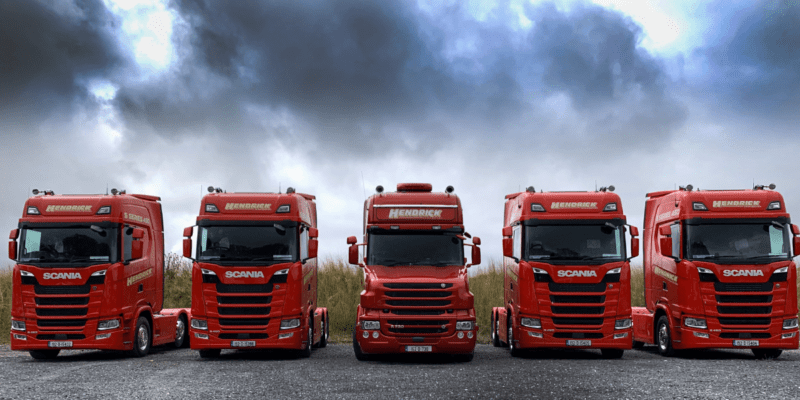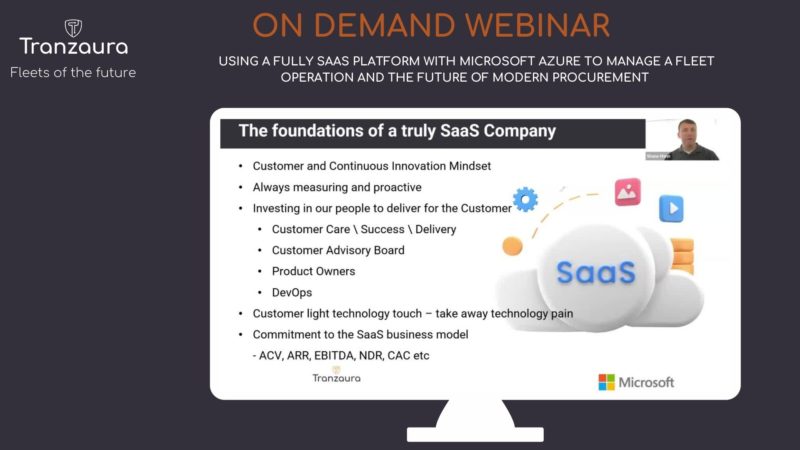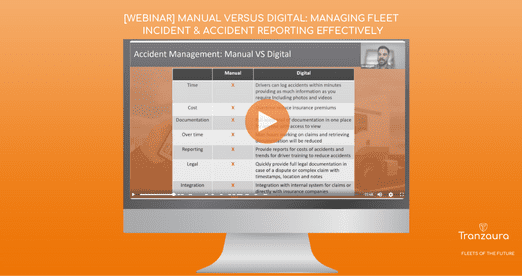For all engineering and fleet managers and directors, reducing fleet downtime is critical to operational success. A failure to control this metric can result in an inflated fleet, service underperformance, and ultimately, a heavy impact on your bottom line. Mobile tablet-based apps for the workshop provide the opportunity to take control of this metric and
Posts By: Emma Gill
Real-time reporting gives you up-to-the-minute data on how your fleet is performing, allowing you to spot issues before they become problems, and have a solution in place before anyone needs to ask about it. Reporting is invariably one of the most difficult aspects of a fleet manager’s job. Picking out what data to report, for
To view the full Case study and outcomes, download PDF Hendrick European is a provider of international logistic and freight services with around 350 assets (100 trucks and 250 trailers) CHALLENGES EXPERIENCED IN COMPLIANCE AND FLEET MAINTENANCE Hendrick European previously managed compliance, asset management and fleet maintenance activities using pen and paper. The management team
If you missed our recent webinar on May 17th , you can watch this in your own time. Just request your copy below. About the Webinar Watch our 45 minute webinar on ‘Using A Fully Saas Platform With Microsoft Azure To Manage A Fleet Operation And The Future Of Modern Procurement’ Some of the topics
If you missed our recent webinar on March 23rd, you can watch this in your own time. Just request your copy below. About our Webinar About the speakers




